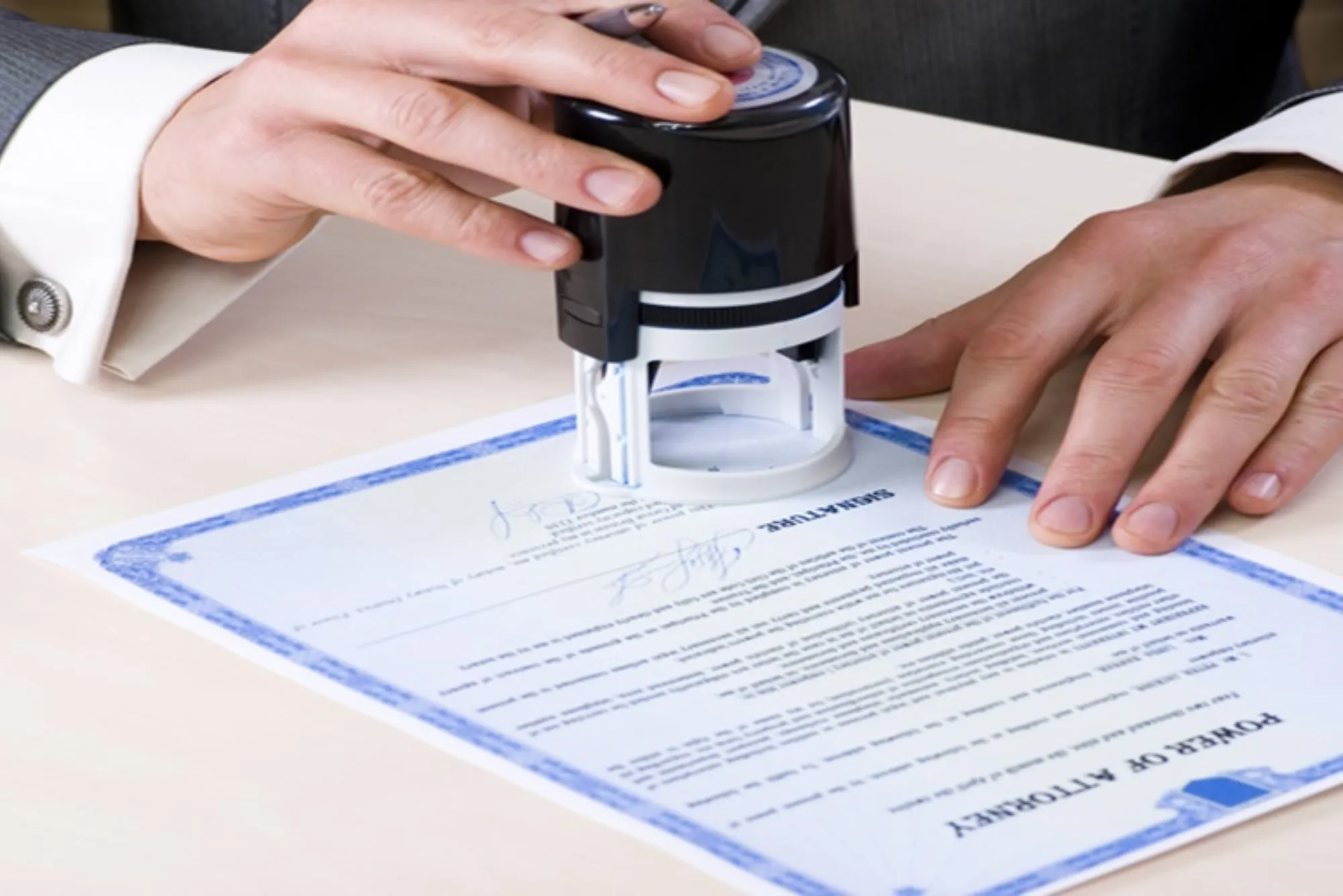Rental dispute in Dubai can arise for a variety of reasons, such as disagreements over rental payments, eviction notices, property maintenance, or lease term violations. The rental market in Dubai is regulated by the Real Estate Regulatory Agency (RERA), which provides specific guidelines for both landlords and tenants. However, disputes can still occur, and when they do, it’s important to know how to resolve them effectively. Lawyers in Dubai play a crucial role in helping both landlords and tenants navigate rental disputes, ensuring that their legal rights are upheld and that the matter is resolved fairly.
Common Causes of Rental Dispute in Dubai
Rental dispute in Dubai are common due to the dynamic nature of the property market, which includes both residential and commercial properties. Below are some of the most common causes of rental disputes:
- Non-Payment of Rent
One of the most frequent issues in Rental Dispute in Dubai is the non-payment or delayed payment of rent. Tenants may fail to pay rent on time, causing frustration for landlords who rely on these payments. This issue can lead to eviction notices and legal action if the matter is not addressed in a timely manner.
- Disputes Over Lease Terms
Lease agreements in Dubai often contain complex terms regarding property maintenance, rent increases, and the duration of the lease. Disagreements may arise if either party believes the terms are not being met or if there is confusion over the interpretation of certain clauses.
- Eviction and Termination of Lease
Landlords may wish to terminate a lease early for a variety of reasons, such as personal use of the property or selling the property. Tenants, on the other hand, may refuse to vacate the property, leading to eviction disputes. The eviction process is strictly regulated in Dubai, and both parties must comply with legal procedures.
- Property Maintenance and Repairs
Another common dispute arises when tenants believe that the landlord is not maintaining the property to an acceptable standard or making necessary repairs. Landlords, however, may argue that the tenant is responsible for the upkeep. This can create significant disagreements regarding who is responsible for repairs and maintenance.
- Rent Increases
In Dubai, landlords may increase rent at the end of a lease term, but there are legal restrictions on how much the rent can be raised. Disputes can arise if a landlord increases the rent beyond the limits set by RERA, or if a tenant believes the increase is unjustified.
How Lawyers in Dubai Can Help with Rental Disputes
If you are involved in a rental dispute in Dubai, seeking professional legal advice from Lawyers in Dubai is crucial. These legal experts can help you navigate the intricacies of UAE rental laws and resolve the dispute in a way that protects your rights. Here’s how lawyers typically assist:
- Review the Lease Agreement
The first step in resolving any rental dispute is to thoroughly review the lease agreement. Lawyers in Dubai will carefully assess the terms and conditions of the agreement to identify any violations or ambiguities that could be contributing to the dispute. A well-drafted lease agreement should outline the responsibilities of both parties, so any deviations can be identified and addressed.
- Negotiation and Mediation
Many rental dispute in Dubai can be resolved through negotiation or mediation, avoiding the need for formal legal action. Lawyers in Dubai can represent their clients in mediation sessions with landlords or tenants, working towards an amicable resolution. This process is often faster and more cost-effective than going to court.
- Filing Complaints with RERA
RERA is responsible for overseeing the rental market in Dubai and resolving disputes between landlords and tenants. If an amicable resolution cannot be reached, Lawyers in Dubai can help file complaints with RERA. RERA will then investigate the matter and issue a ruling, which is legally binding for both parties. Lawyers ensure that the complaint is properly documented and presented, increasing the chances of a favorable outcome.
- Eviction and Termination of Lease
When eviction becomes necessary, Lawyers in Dubai assist landlords in following the correct legal procedures. Dubai has strict laws regarding eviction, and landlords must provide tenants with adequate notice and justification for eviction. Tenants facing eviction can also rely on lawyers to contest wrongful or unlawful eviction notices.
- Representing Clients in Court
If the Rental Dispute in Dubai cannot be resolved through negotiation, mediation, or RERA involvement, Lawyers in Dubai can represent clients in court. Dubai’s rental court system is designed to handle rental dispute in Dubai efficiently. Lawyers will gather evidence, present arguments, and seek a resolution that upholds their client’s rights. Whether the issue is non-payment of rent, an eviction notice, or a maintenance dispute, lawyers ensure that the case is presented clearly and effectively.
- Enforcing Legal Rulings
Once a ruling has been issued by RERA or a Dubai court, it is important to ensure that the judgment is enforced. If a tenant has been ordered to pay outstanding rent or vacate the property, Lawyers in Dubai can help landlords enforce the ruling. Conversely, if a tenant has won a case and is entitled to compensation or a rent reduction, lawyers can ensure that the payment is made.
Legal Framework Governing Rental Dispute in Dubai
Several key regulations govern rental dispute in Dubai, providing a legal framework for resolving conflicts between landlords and tenants. The most important regulations include:
- The UAE Civil Code / Rental Dispute in Dubai
The UAE Civil Code outlines general principles of contract law, which apply to rental agreements. It sets forth the obligations of landlords and tenants, including maintenance responsibilities, rent payment terms, and eviction procedures. The Civil Code is the foundation for all rental-related disputes.
- The Rental Dispute in Dubai Law (Law No. 26 of 2007)
This law governs rental agreements in Dubai, setting guidelines on rent increases, eviction processes, and tenant protection. It also includes a rent dispute resolution mechanism through RERA, making it a crucial law for any rental-related issues.
- The Real Estate Regulatory Agency (RERA)
RERA, part of the Dubai Land Department, is responsible for regulating the real estate sector in Dubai. It plays an important role in resolving rental disputes by mediating between landlords and tenants and ensuring compliance with Dubai’s rent laws.
- Rental Dispute in Dubai Center
The Rental Dispute Center (RDC) is a government entity that handles rental dispute in Dubai between landlords and tenants. The RDC provides a platform for legal proceedings related to rental agreements, eviction cases, and other property-related disputes. Cases heard at the RDC are typically resolved quickly and efficiently.
Steps to Take When Facing a Rental Dispute in Dubai
If you find yourself in a rental dispute in Dubai, follow these steps:
- Check Your Lease Agreement – Review the lease agreement to understand your rights and obligations. Pay attention to clauses relating to rent payments, maintenance responsibilities, and eviction procedures.
- Try to Resolve the Issue Directly – If possible, attempt to resolve the issue directly with the other party through open communication and negotiation.
- Seek Legal Advice – If a resolution cannot be reached, consult Lawyers in Dubai for professional advice and assistance in filing a complaint with RERA or the Rental Dispute Center.
- File a Complaint with RERA – If the dispute involves issues like rent increases or maintenance, file a complaint with RERA for mediation.
- Consider Legal Action – If negotiations fail and the issue persists, your lawyer may recommend taking the matter to court.
Conclusion
Rental disputes can be frustrating for both landlords and tenants, but with the help of Lawyers in Dubai, these issues can be resolved efficiently and fairly. Whether the dispute involves non-payment of rent, eviction notices, or maintenance problems, property lawyers have the expertise to protect your rights and ensure a fair outcome. By understanding the legal framework and working with a qualified lawyer, both landlords and tenants can navigate the complexities of rental agreements and resolve disputes effectively.
NOTE:




